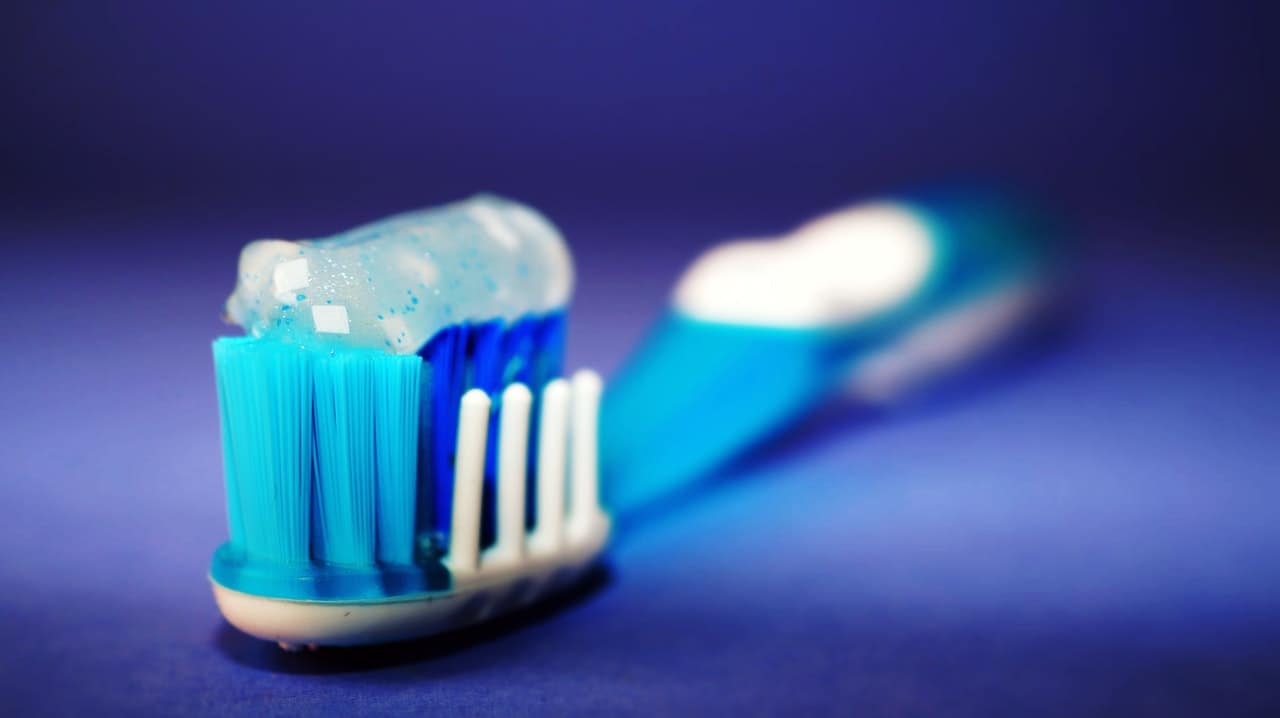From an early age, our parents and our schools have taught us about oral health and the importance of having a good brush every day. And although this habit is very clear, many people do not even know what the correct way to do it is.
Oral health is important than you think. So, you must stay aware of how the health of your teeth, gums, and mouth can affect your overall health.
Did you know that the problems they have in your mouth could affect the rest of your body or that your oral health sends you clues about the general state of your health? We will show you what the connection between oral health and general health is.
Do you need dental toys, or maybe you need educational materials to bring fun to your following oral health discussion?
Table of Contents
Oral health and general health
Your mouth is full of bacteria, like other areas of your body, most of these are harmless.
But your mouth is the entrance to your respiratory and digestive tract, and many of these bacteria can cause serious diseases.
Usually, the natural defenses of our bodies and with the help of good hygiene and care of oral medical care, such as daily brushing and flossing, keep these bacteria under control.
However, if we do not maintain proper oral hygiene, the bacteria could reach levels that can lead to oral infections. Such as tooth decay, which is the most common and gum disease.
Some medications interfere with oral health
Another side, some medications, such as antihistamines, decongestants, analgesics, antidepressants, and diuretics, may reduce saliva flow.
Saliva helps eliminate food and neutralizes the acids produced by bacteria in the mouth, which helps keep it protected from multiplying microbes and causing diseases.
Studies suggest that bacteria found in the mouth and the inflammation associated with a severe form of gum disease (periodontitis) could be quite dangerous in some diseases.
And certain diseases, such as HIV/AIDS and diabetes, can reduce the body’s defenses against infections, which makes oral health problems even more serious.
Diseases and conditions that may be related to oral health
- Cardiovascular disease: Although the connection they have is not fully understood.
Some research suggests that clogged arteries, heart disease, and stroke may be related to infections and inflammation caused by oral bacteria.
- Endocarditis: This is an infection of the inner lining of the heart valves or chambers (endocardium). It usually occurs when germs or bacteria from another part of the body, such as the mouth, radiate through the bloodstream and are fixed to certain areas of the heart.
- Pneumonia: Some of these bacteria found in our mouth can easily be carried into the lungs and, as a consequence, cause pneumonia and other respiratory diseases.
- Pregnancy and childbirth: During pregnancy, women must have dental control and proper oral hygiene. Periodontitis can be related to the premature birth of babies and low birth weight.
- Diabetes: Diabetes can put the gums at risk due to the reduction of the body’s resistance to infections. Gum disease is more common and severe among people with diabetes. Research shows that people who have gum disease have much more difficulty controlling blood sugar levels. Constant periodontal care can improve diabetes control.
- Osteoporosis: This disease is based on bone weakening, and is related to the loss of teeth and periodontal bone. Some of the medications used to treat osteoporosis carry a small risk of damaging the jawbones.
- Alzheimer’s: As Alzheimer’s disease progresses, oral health is getting worse.
- HIV / AIDS: Oral problems such as painful mucosal lesions are quite common in people with HIV / AIDS. Other conditions that could be related to oral health are known as eating disorders, some types of cancer, rheumatoid arthritis, and an immune system disorder that causes dry mouth (known as Sjogren’s syndrome).

Tips to protect your oral health
To keep your oral health protected, you should practice the following tips daily:
- Brush your teeth at least 3 times a day: With a soft bristle brush using fluoride toothpaste. You can do it after each meal, and very important before going to sleep. You can get the best electric toothbrushes at Amazon, where apart you will get excellent prices.
- Floss every day.
- Use a mouthwash: To remove all food particles that remain even after brushing teeth and flossing.
- Follow a healthy diet: And reduce foods that contain sugar.
- Change your toothbrush every 3 months: Or earlier if you notice the bristles open or worn.
- Regular cleaning and check-up program.
- Avoid smoking: Nicotine can cause stains on your teeth and deteriorate your oral health over time.
Advantages of using a dental irrigator
- It prevents the formation of cavities by having a wide cleaning in the mouth.
- It helps eliminate bacterial plaque: Reaching the most difficult areas of the mouth.
- Contributes to teeth whitening: The dental irrigator eliminates stains that may exist.
- Prevents inflammations and infections: Both in the gums or anywhere in our mouth.
Among many other benefits, dental irrigator is increasingly recommended among dentists.

